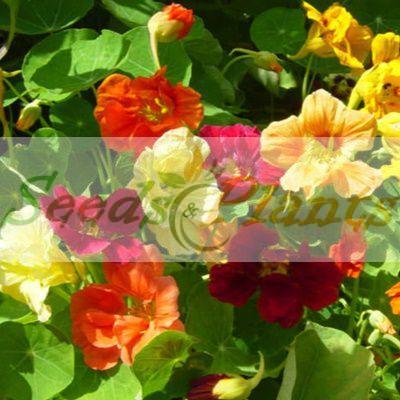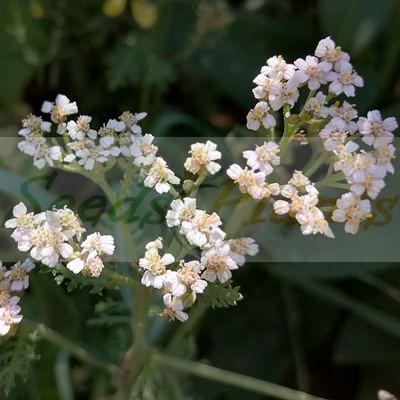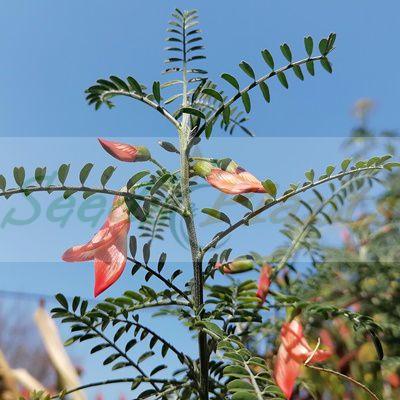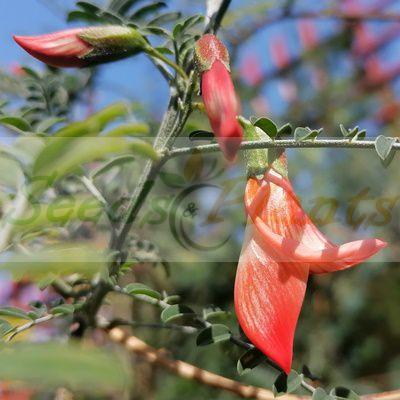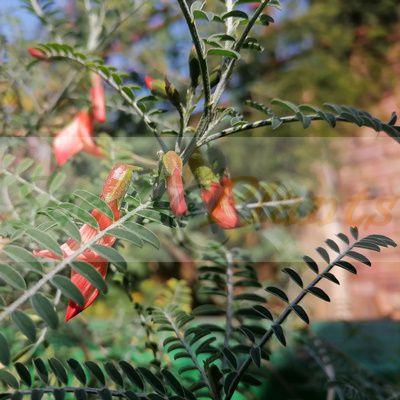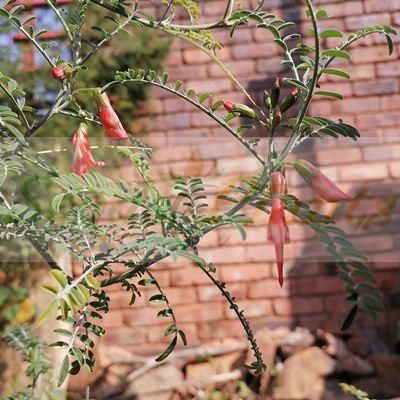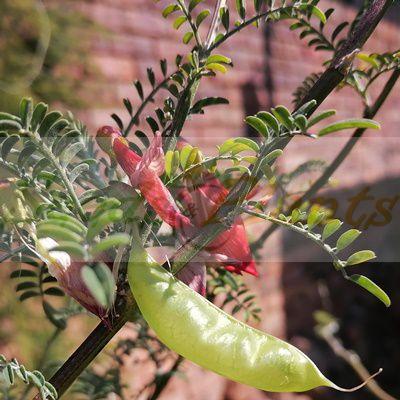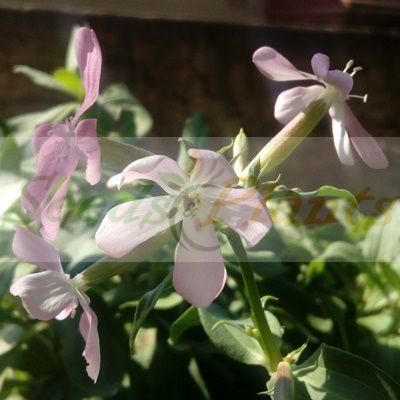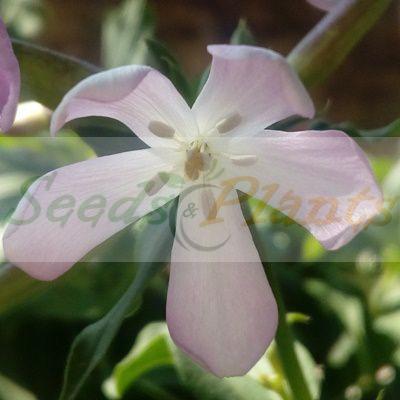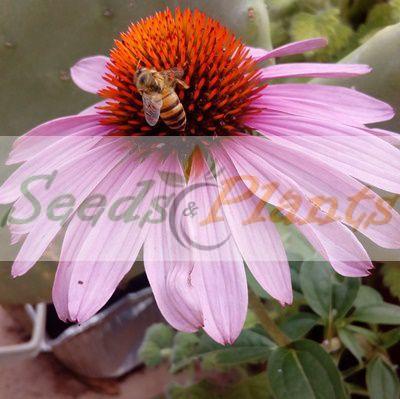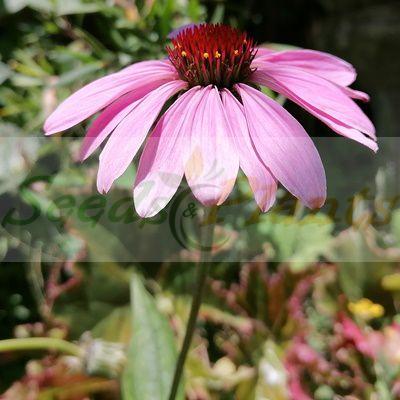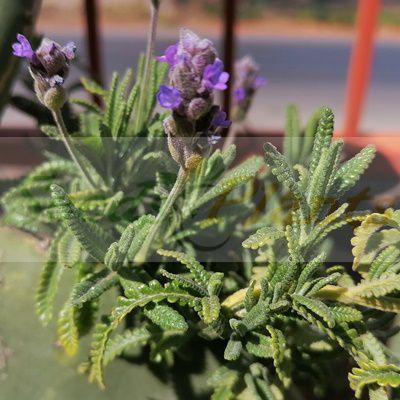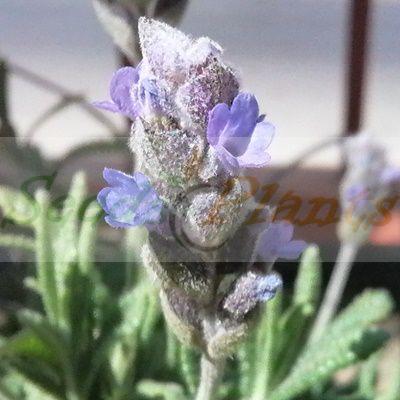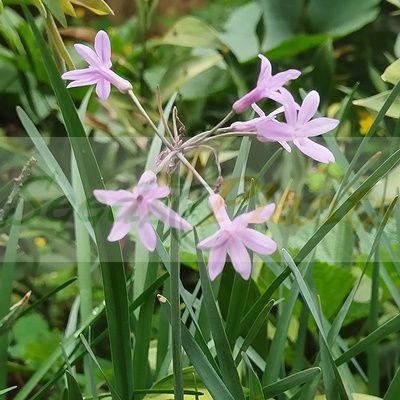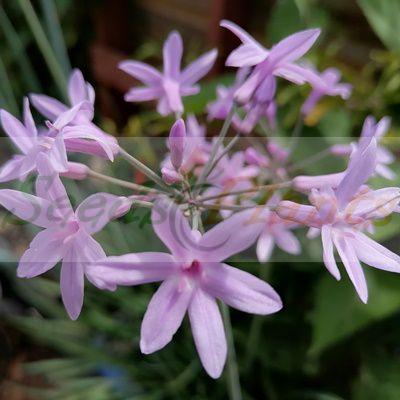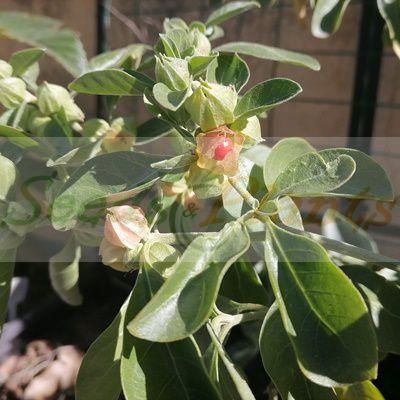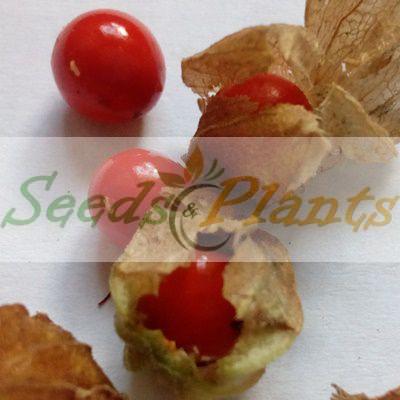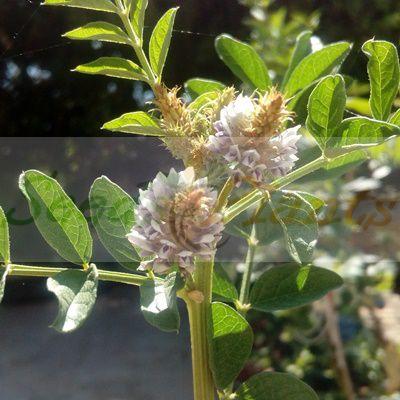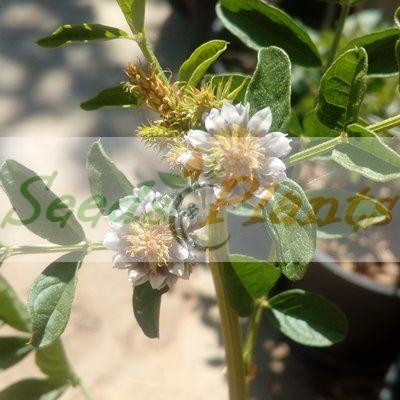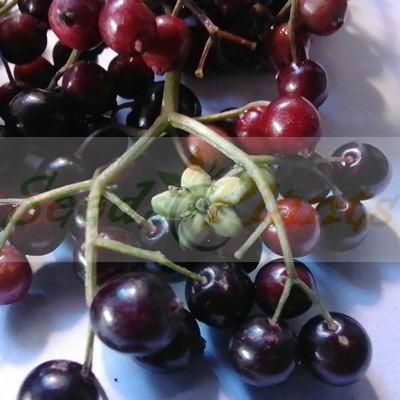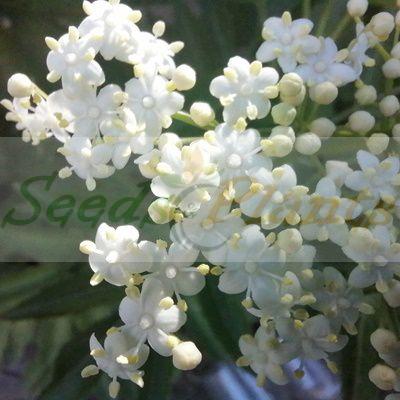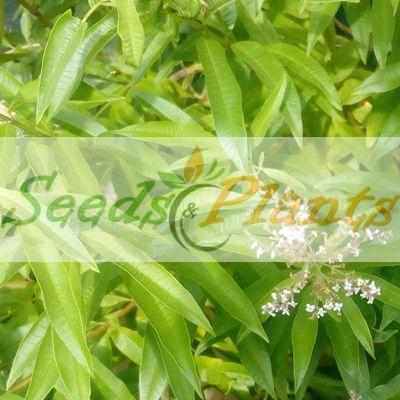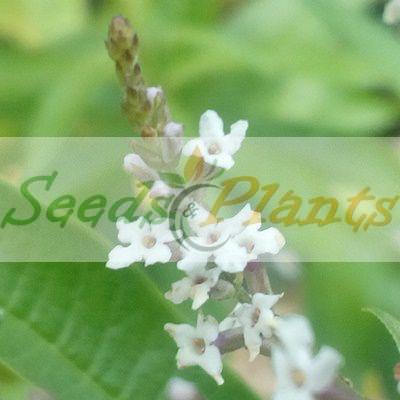🌿 Herbal Quick Facts
Medicinal Info
- 🌍 Origin / Region: Southern Africa
- 🌿 Medicinal Part: Flower, Leaf, Root, Stem
- 🍵 Herbal Preparation: Decoction, Infusion / Tea, Ointments/Creams
- ⚕️ Healing System: African Traditional Medicine
Growth Traits
- 🌱 Life Cycle: Perennial
- 🦋 Pollinator Method: Attracts Sunbirds
- 🪴 Growth Habit: Upright
- 🌸 Flower Color: Red, Red-Orange
Growing Requirements
- 🌞 Sun Exposure: Full Sun
- 💧 Water Needs: Avoid Overwatering, Low Water
- ☀️ Growing Conditions: Drought Tolerant, Dry Conditions, Frost Sensitive, Warm Temperatures
- 🟤 Soil Preference: Clay, Loam, Sandy, Well-Drained
Cancer Bush – 10 Seeds
(Lessertia frutescens)
R30.00
It is a much-respected and long-used medicinal plant that is also an attractive garden plant.
Common names: Sutherlandia, cancer bush, balloon pea (English); umnwele, unwele (isiXhosa and isiZulu); kanker-bossie, blaasbossie, blaasertjie, gansie, gansiekeurtjie,klappers, hoenderbelletjie (Afrikaans), phetola, mokakana(Setswana), lerumo-lamadi (North-Sotho), musa- pelo, mot-lepelo (Sesotho)
Seed Type: Organic – Harvested from our own plants.
Indoor Sowing: Spring.
Direct Sowing: Spring and Autumn
Only 4 left in stock
🌿 Herbal Quick Facts
Medicinal Info
- 🌍 Origin / Region: Southern Africa
- 🌿 Medicinal Part: Flower, Leaf, Root, Stem
- 🍵 Herbal Preparation: Decoction, Infusion / Tea, Ointments/Creams
- ⚕️ Healing System: African Traditional Medicine
Growth Traits
- 🌱 Life Cycle: Perennial
- 🦋 Pollinator Method: Attracts Sunbirds
- 🪴 Growth Habit: Upright
- 🌸 Flower Color: Red, Red-Orange
Growing Requirements
- 🌞 Sun Exposure: Full Sun
- 💧 Water Needs: Avoid Overwatering, Low Water
- ☀️ Growing Conditions: Drought Tolerant, Dry Conditions, Frost Sensitive, Warm Temperatures
- 🟤 Soil Preference: Clay, Loam, Sandy, Well-Drained
Cancer Bush (Lessertia frutescens) Seeds.
Common names: sutherlandia, cancer bush, balloon pea (Eng.); umnwele(Xhosa & Zulu); kankerbos, blaasbossie, blaas-ertjie, eendjies, gansiekeurtjie, klappers, hoenderbelletjie (Afr.)
It is a much-respected and long-used medicinal plant that is also an attractive garden plant, and has been cultivated in gardens for many years for its fine form, striking color and luminous flowers. It was previously known as Sutherlandia frutescens.
This attractive, soft-wooded shrub, grows to a height of 0.5 to 1 m. The leaves are pinnately compound, the leaflets 4-10 mm long, grey-green in color, giving the bush a silvery appearance. They have a very bitter taste.
The plant occurs naturally throughout the dry parts of southern Africa — in Western Cape and up the west coast as far north as Namibia and into Botswana, and in the western Karoo to Eastern Cape. It is also found in KwaZulu-Natal and Mpumalanga. It shows remarkable variation within its distribution.
Lessertia frutescens has many common names. It has become widely known as sutherlandia, The name cancer bush, kankerbos, comes from its reputation as a cure for cancer. The names balloon-pea, blaasbossie or blaas-ertjie (meaning bladder-bush or bladder-pea) all refer to the inflated, bladder-like fruits.
- Traditionally, the leaves and the aerial parts are used by boiling in water to yield an aqueous infusion used as an astringent tonic.
- The original inhabitants of the Cape, the Khoi San and Nama people, used it mainly as a decoction for the washing of wounds and took it internally to bring down fevers.
- The early colonists regarded it as giving successful results in the treatment of chicken pox, stomach problems, and in the treatment of internal cancers.
- It is known to have been used in the treatment of eye troubles, the eyes being bathed with a decoction of the plant.
- It is also used in the treatment of mental and emotional stress, including irritability, anxiety and depression and is used as a gentle tranquilizer.
- It is said to be a useful bitter tonic and that a little taken before meals will aid digestion and improve the appetite. It is considered to be a good general medicine.
- Cancer patients, as well as TB and AIDS patients, lose weight and tend to waste away. This plant dramatically improves the appetite, and wasted patients start to gain weight.
- It is also known to improve energy levels and gives an enhanced sense of well-being.
Growing Cancer Bush
Indoor Sowing: Spring.
Direct Sowing: Spring and Autumn
- It is a tough, hardy plant that does well in full sun and tolerates all soil types, but will respond well to some compost, fertilizer and a little water.
- Sow Cancer Bush seeds in autumn or spring in well-drained soil The soil mixture should contain two parts sand and one part
compost. - Soak the seeds in hot water for a few hours or overnight.
- Place the seeds on the soil mixture and cover with a thin layer of soil and water well.
- When direct sowing, the seeds should be sown 1m apart in groups of three to five.
- Keep the seed trays warm (not hot) and damp, but not wet.
- Germination can take 4 weeks or longer.
- Seedlings can be transplanted when they are 10 cm tall.
- Plant the seedlings in full Sun and about 30 to 40 cm apart from each other.
- Add mulch around the base of the plants.
- When growing it in containers, make sure that the soil is well draining and don’t over-water.
- Cancer Bush plants reseeds themselves readily.
Does this plant have medicinal uses?
Traditionally, Cancer Bush has a history of use in African Traditional Medicine. Seeds are sold for cultivation purposes only.
Disclaimer
Medicinal Information:
All medicinal information on this website is for educational and informational purposes only and may not be construed as medical advice. The information is not intended to replace medical advice or treatment offered by healthcare professionals.
Seeds, Plants, Plant Cuttings, Geophytes and Dried Herbs:
In some countries and provinces, certain plants are deemed as invasive and are not allowed to be planted at all, whilst some plants are allowed to be grown only in certain areas or provinces. The onus is on you as the buyer to familiarize yourself with the regulations pertaining to your location, before purchasing any of our seeds, plants, plant cuttings, geophytes or dried herbs. We will not be held liable, should you purchase any seeds, plants, plant cuttings, geophytes or dried herbs. from us which are prohibited in your country or province.

